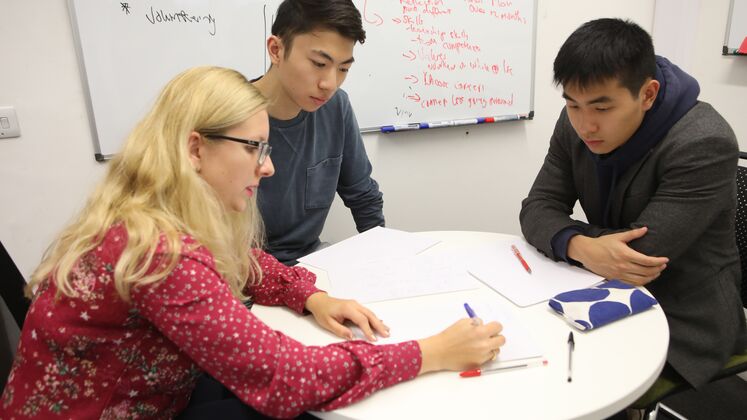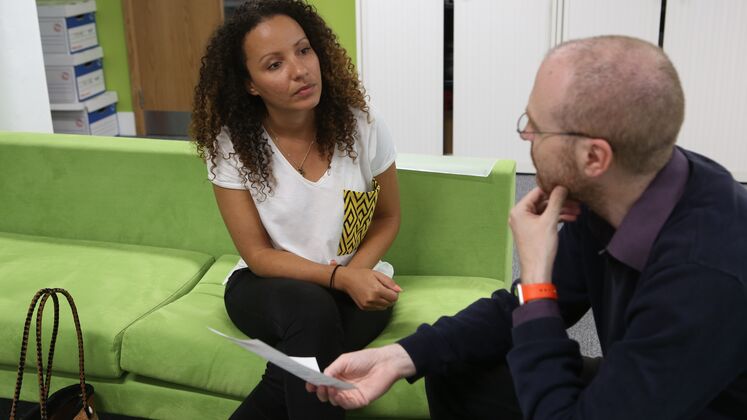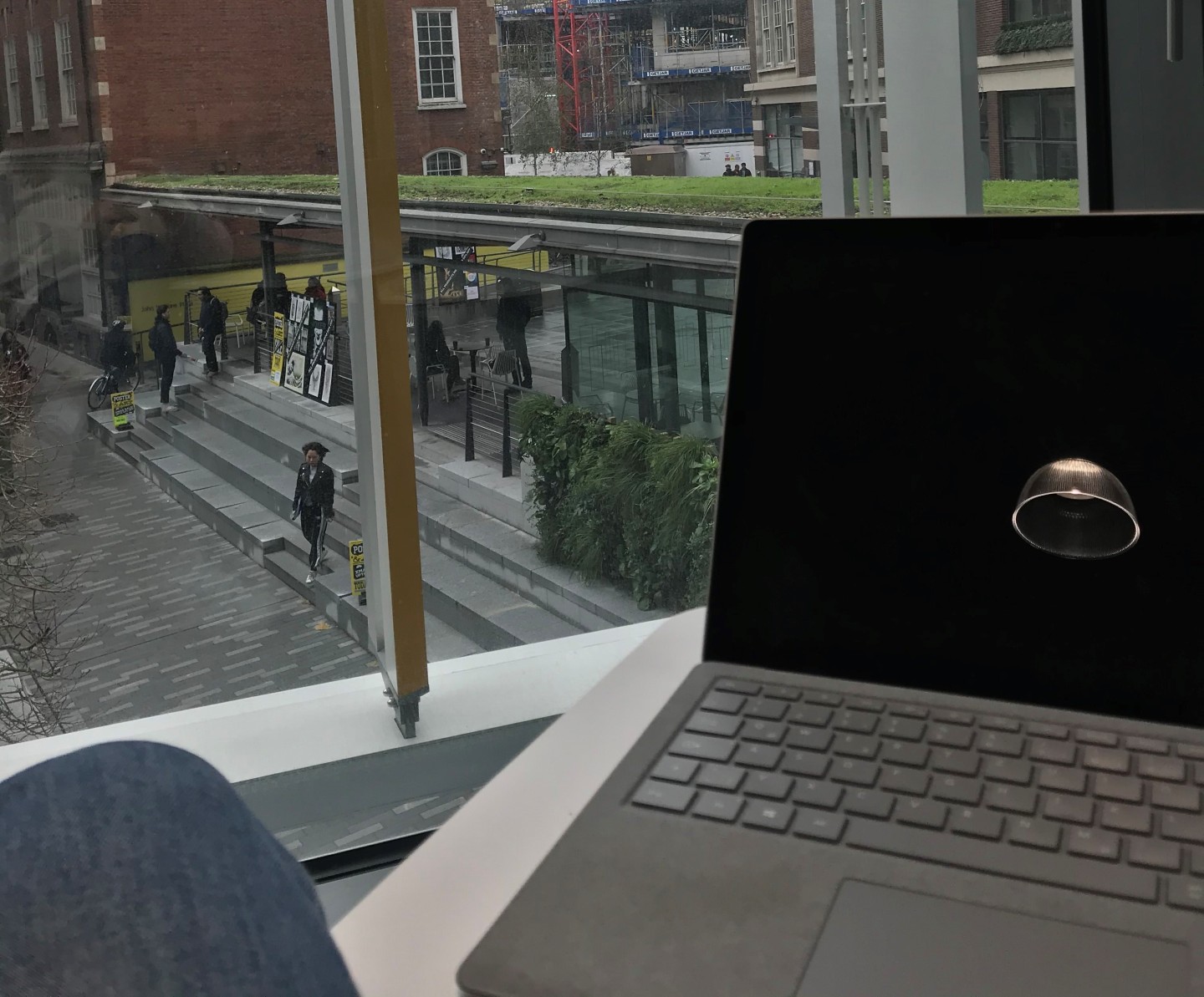Over the course of my studies at LSE, I’ve found that one of the most underutilised resources is your Academic Mentor. Many of my classmates during my undergraduate degree almost never met with their Academic Mentors. For me, my Academic Mentor has been a great source of support and guidance.
When I first came to LSE, I thought it was important to cultivate a relationship with my mentor since I knew I would want to study for my Masters which would require a good recommendation letter. However, my Academic Mentor has helped me with much more than just recommendation letters. In my first few meetings with him, I told him of my interest in doing research. He gave me advice on how to look for research opportunities, as well as recommending me a summer program which I recently participated in. Without him, I wouldn’t have been aware of this program, an experience which has turned out to be extremely useful not only for the skills I gained but also for my PhD applications.

Throughout this application process, I have relied on my mentor a lot for recommendation letters, drafting research proposals, emailing and identifying potential supervisors and understanding PhD funding. My parents didn’t pursue PhDs and I didn’t have any other older family members or friends who could guide me, so my mentor and my own individual research were my primary sources of information when completing my applications.
Meet once at the beginning of each term and once at the end of term at the very least, but you should regularly communicate with them about what’s going on in your life and what you need help with.
My Academic Mentor has also helped me with my work at LSE, including approving me to take an intercollegiate class at UCL and advising me on how to approach academic reading for my dissertation. As I am often an overly ambitious person, he’s also helped manage my expectations during the year by advising me not to take too much on in addition to my studies as well as helping me understand that my dissertation research is not expected to break any major ground. From his advice, I have set much more realistic goals and don’t overload myself as often.

My Academic Mentor has made my life easier, and improving my relationship with my mentor was as easy as meeting a few times per year and communicating. I highly recommend utilising your Academic Mentor if you haven’t already because you never know what opportunities may come out of it. Meet once at the beginning of each term and once at the end of term at the very least, but you should regularly communicate with them about what’s going on in your life and what you need help with. If your mentor likes and knows you, he or she will be able to write better, more personal recommendation letters in your future, be able to guide you through LSE better by understanding your workload, and may even point out work opportunities or connections.





